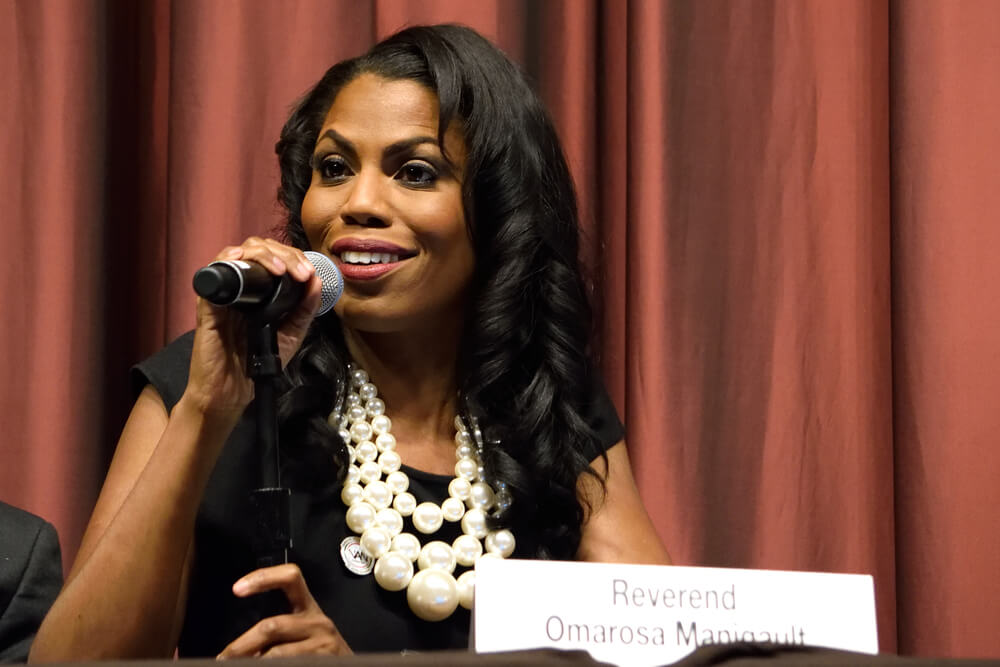Photo: https://edubirdie.com/
I love little business. I say “little business” because “small business,” like “family farm,” has suffered politicization to a point of abstraction. Even the Small Business Administration doesn’t have a precise definition for small business. It defines “small business” either by revenue or by number of employees — and that can range up to a whopping 1,500 in some industries. To my mind, a small business starts with the owner and the first employee.
Politicians love small business and applaud it, but do they care? They listen acutely to big business through its lobbyists, who crowd Capitol Hill in Washington and every state capital.
If you’re stitching the cloth in a tailor’s shop and you have a problem with government, just stitch away because nobody is listening. Size does matter, alas.
Yet little business is the vital regenerator of the economy. It’s the fresh oxygen supply that keeps the economy fed with work and ideas.
For me, little businesses begin with moms-and-pops. They could be anything from a computer repair shop to a bowling alley, from a plumbing company to a bakery, from a convenience store to an optician, and from a service station to a painting contractor.
If the business is, say, a dry cleaner that uses chemicals, or anything else that discharges into the air or water, government will be all over it. But Bryan Mason, owner of Apollo Consulting Group, based in Newport, R.I., says there are plenty of problems for small businesses that don’t involve government.
“One of the big issues for the small business with, say, 50 employees, is that the owner-operator doesn’t know how to price his or her product or how to market it. You can’t undercut the big chains, so you have to offer real value and real quality,” says Mason.
As to strategy, Mason cites a bowling alley he advised. The bowling alley sold time on the lanes in two-hour blocks. The result was that patrons were keen to get their money’s worth by bowling for the whole period and not stopping to chat and, vitally important, not spending money at the concession stand on drinks and food.
Mason had them remove the time limit on the lanes, and profitability went up. Like cinemas, the money was in the concessions.
Little business — I owned and operated a newsletter publishing company with 20 employees for more than 30 years — is usually in direct relationship to the skill of the founder. A woman who worked in a florist may start her own shop, or an auto mechanic might start a service station. A construction worker might start a house renovation business, and a stone mason might set out to chisel and sell headstones.
Herein is a unique challenge for our society. It’s the artisans and people with skills who start businesses: a gardener, a landscaping service; a short-order cook, a food truck; and a hairdresser, a salon.
Left out of this progression are many liberal arts graduates who have skills that are suited to big organizations like schools, hospitals, government departments and giant corporations. You can’t start a sociology shop, a history wholesaler or a political science emporium.
If you have the itch to be self-employed, you might want to get a hands-on trade.
Some colleges are now sensitive to this need and are adding a practical course. I’ve been especially impressed with a little college in Charleston, S.C., the American College of the Building Arts, in which students take traditional liberal arts courses and spend two-and-a-half days each week in apprentice labs, learning one of six areas of craft specialization: architectural carpentry, architectural stone, forged architectural ironwork, masonry, plasterwork and timber framing.
The college aims to graduate “educated artisans,” but what they get is entrepreneurs: approximately one-third of their graduates have started businesses based on their artisanal training.
Owning a business is a fundamental part of the American Dream, and the quickest way to do it is to market a skill that you already have from dog walking to jewelry making, from furniture hauling to well drilling.
Steve Jobs, who grew his little business to enormity, said, “Don’t be afraid, you can do it.”








